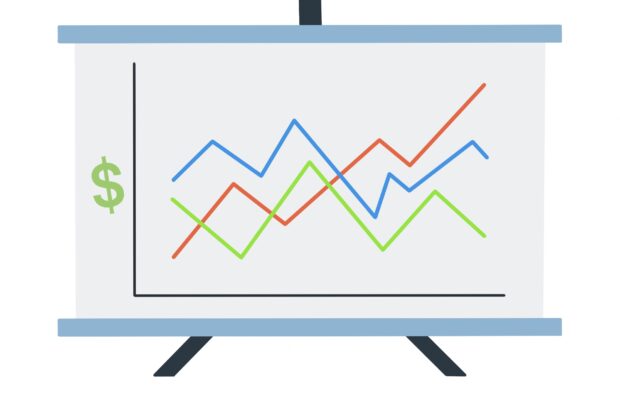High schoolers need a basic financial education

One question many students have asked themselves in the middle of class is, “When are we ever going to need this in real life?” Personally, I’m guilty, as it certainly made its fair share of runs through my head while I scribbled notes on a war that happened a millennium ago or tried to make sense of a math problem whose solution is dragged to an offensive length. This is not to say these subjects aren’t important; they are, but there is a severe lack of emphasis on one essential subject that everyone needs at least a basic understanding in: finance.
Like it or not, today’s world revolves around money. Across the nation, Americans of all ages struggle with monetary issues: financing a property, investing their income, planning for retirement or simply budgeting a paycheck to put food on the table and pay the utility bills. And yet, according to the New York Times, as of 2020, only 21 of 50 states require a financial education for high schoolers, with California not being one of them. Given that about 31% of high school students enter the workforce directly after graduation and will certainly have to make decisions about their personal finances, the problem becomes clear. These students lack the education necessary to develop strong money habits and avoid lifelong financial struggles.
This hole in graduation requirements also has a significant effect on college students. While the increasing number of students pursuing a college education is positive, the lack of required financial literacy has resulted in countless students who graduate with crippling student debt that they don’t know how to handle. As of now, the cumulative total student debt in the US has surpassed $1.7 trillion.
There is no better time than high school to begin reinforcing skills related to investing, saving and borrowing. Still having the privilege of living under their parents’ roofs, students can absorb and apply the knowledge in our lives without having to make the critical financial decisions that will come with adulthood.
While ideally more states, including ours, will mandate this soon, one way to start becoming more financially literate is to dabble a bit in stock market investing, or do some basic research on economics. That way, the next time you unbox a new iPhone or stand in line at Starbucks, you’ll understand why they can charge as much as they do, and why we let them.


